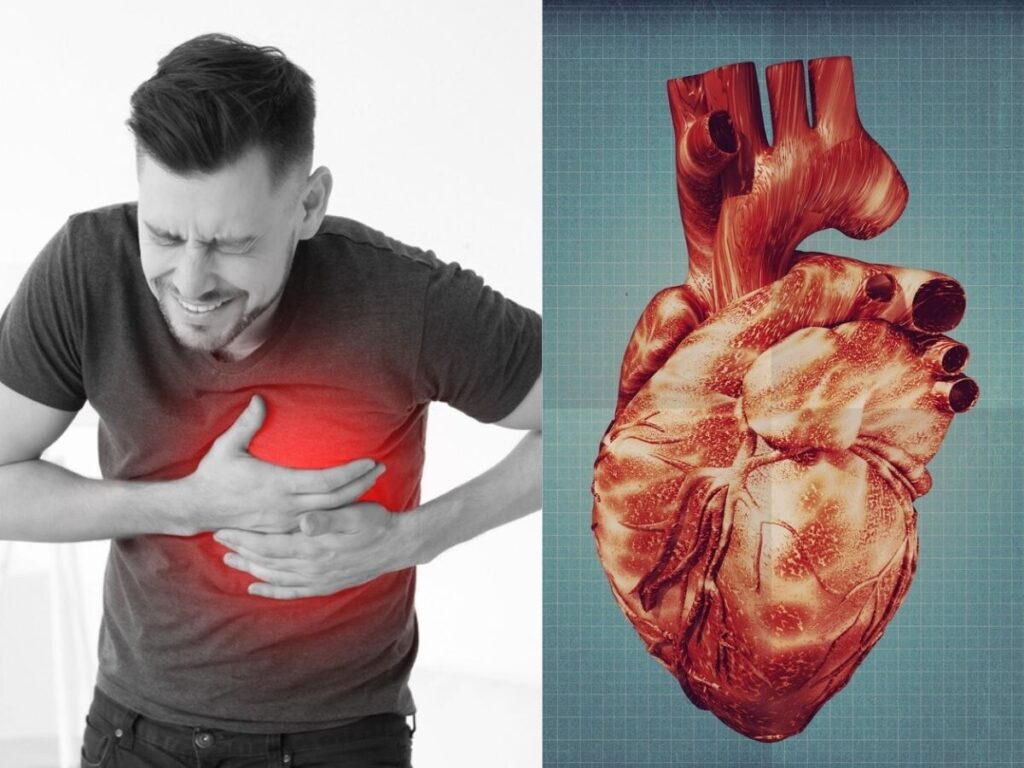The heart is one of the most vital organs in the human body, playing a crucial role in overall health and wellness. Unfortunately, the prevalence of heart-related diseases has surged among younger populations in recent years. Understanding the symptoms of heart blockage is essential for early detection and intervention. This article will explore the signs, causes, and preventive measures regarding heart blockage.
Understanding Heart Blockage
Heart blockage, medically known as “heart block,” refers to a condition where the electrical signals controlling the heart’s rhythm are disrupted. This disruption can lead to a variety of symptoms and can significantly impact heart function.
Types of Heart Blockage
- First-Degree Block: Mild and often asymptomatic; the electrical signals are delayed but still reach the heart muscle.
- Second-Degree Block: More severe; some signals fail to reach the heart muscle, leading to irregular heartbeats.
- Third-Degree Block: The most critical level; no electrical signals reach the heart, causing the heart to beat independently of the brain’s signals.
Symptoms of Heart Blockage
Recognizing the symptoms of heart blockage can be lifesaving. Here are some common signs that may indicate a potential heart blockage:
| Symptom | Description |
|---|---|
| Fatigue | Unusual tiredness that doesn’t go away with rest. |
| Dizziness or Lightheadedness | Feeling faint or dizzy, especially during physical activity. |
| Shortness of Breath | Difficulty breathing even during mild exertion or at rest. |
| Chest Pain | Discomfort or pressure in the chest area, which may radiate to the arms or jaw. |
| Palpitations | Irregular heartbeats that may feel like fluttering or pounding. |
Causes of Heart Blockage
Several factors can contribute to heart blockage, including:
- Age: Older adults are at higher risk.
- Heart Conditions: Previous heart surgery, heart attacks, or congenital heart defects.
- Medications: Some drugs used for heart conditions can cause blockages.
- High Blood Pressure: Chronic hypertension can damage the electrical pathways of the heart.
Preventive Measures
Prevention is key to maintaining heart health and reducing the risk of heart blockage. Here are some effective strategies:
- Regular Check-ups: Routine health screenings help catch any potential issues early on.
- Healthy Diet: Emphasizing fruits, vegetables, whole grains, and lean proteins while reducing salt and unhealthy fats.
- Exercise: Engaging in regular physical activity helps strengthen the heart.
- Avoid Smoking: Smoking is a major risk factor for heart disease.
- Stress Management: Practicing relaxation techniques can mitigate stress-related heart issues.
Conclusion
Heart blockage is a serious condition that can lead to significant health complications if left untreated. Being aware of the symptoms and understanding the risk factors is vital for early detection and management. By adopting a heart-healthy lifestyle and seeking regular medical guidance, individuals can reduce their risk of heart blockage and maintain overall cardiovascular health.
